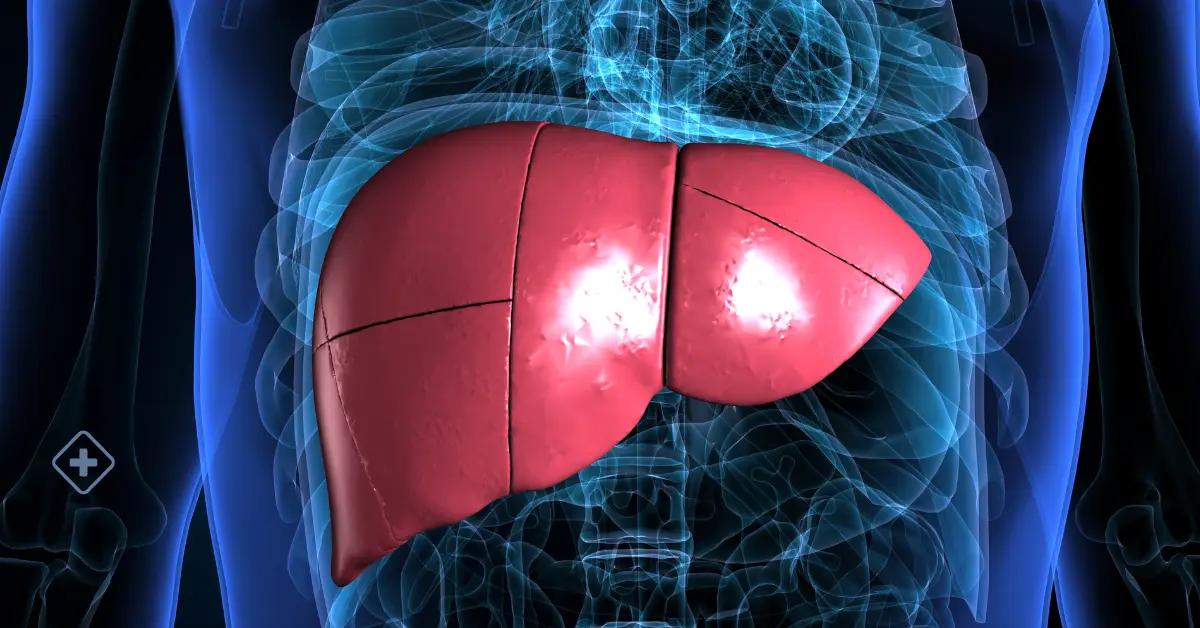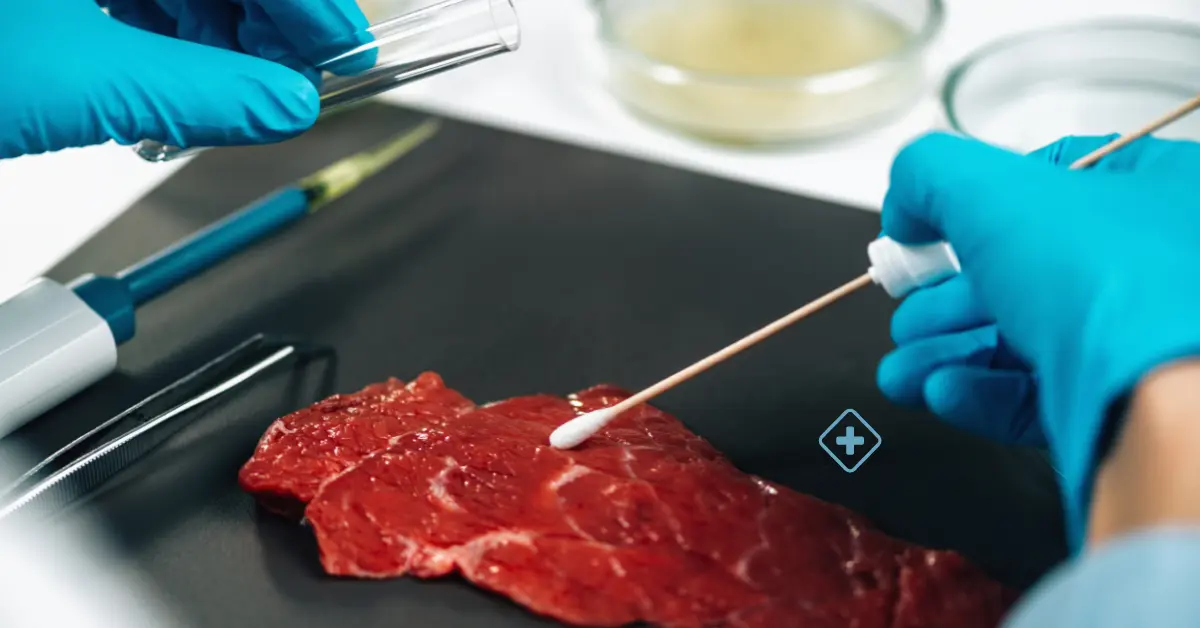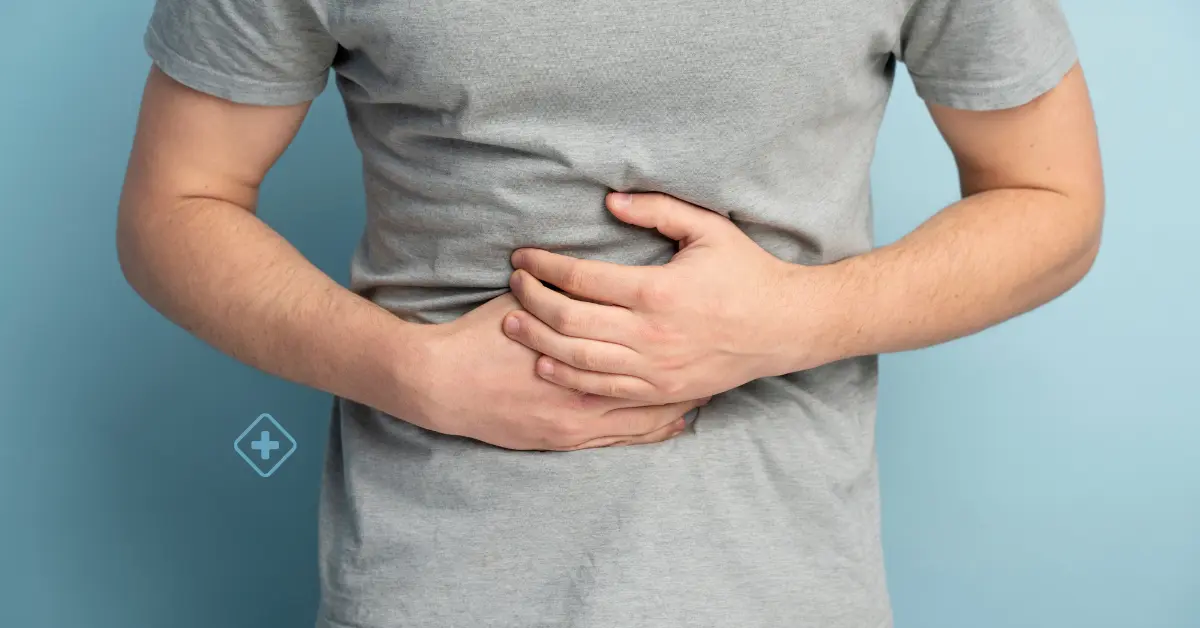
Pancreatitis
Inflammation in the pancreas is known as Pancreatitis. Read about symptoms, causes and prevention. Call us and make your appointment.

Inflammation in the pancreas is known as pancreatitis. The pancreas is an abdominal organ located behind the stomach.
Pancreatitis can present in two forms, acute or chronic. Acute pancreatitis appears suddenly and has a short duration, while the chronic one appears over the years.
In case the Pancreatitis is not severe it can disappear without treatment, otherwise it can cause severe complications.
Causes
-
Alcoholism
-
Consumption of certain medications
-
Abdominal surgery
-
Cystic fibrosis
-
High levels of calcium in the blood
-
High blood triglyceride levels
-
Infection
-
Pancreatic cancer
-
Having undergone an endoscopic retrograde cholangiopancreatography procedure, which is a procedure used to treat gallstones
Symptoms
Symptoms can vary depending on the disease you have.
In acute pancreatitis, symptoms include:
-
Fever
-
Nausea and vomiting
-
Fast heartbeat
-
Upper abdominal pain
-
Abdominal pain after eating
-
Abdominal pain that spreads to the back
In chronic pancreatitis, symptoms include:
-
Upper abdominal pain
-
Unexplained weight loss
-
Foul-smelling stools
Risk factors
The risk factors that increase the probability of suffering Pancreatitis are:
-
Family history of Pancreatitis
-
Excessive alcohol consumption
-
Smoking
-
Family history of Pancreatitis
Diagnosis of Pancreatitis
The Gastroenterologist will perform a physical exam and ask questions about your symptoms, lifestyle, medical history, and type of footwear.
The following are the possible tests that could be carried out:
Treatment of Pancreatitis
The treatment provided by your Gastroenterologist will depend on the severity of the Pancreatitis. As a first step, the Gastroenterologist will be in charge of controlling the symptoms and acting immediately to prevent the disease from worsening, avoiding possible complications.
The initial treatment for Pancreatitis will be according to its severity, in the hospital, the common treatment options include:
-
Fasting, once admitted to the hospital, you will stop eating for a few days, giving the pancreas a recovery time.
-
Painkillers that allow you to control pain
-
Intravenous fluids
When Pancreatitis is controlled, treatment may consist of the following:
-
Endoscopic retrograde cholangiopancreatography examines the bile ducts
-
Pancreatic surgery
-
Alcoholism treatment
In the case of presenting chronic Pancreatitis, the Gastroenterologist may prescribe additional treatments, such as:
-
Medicines to control pain
-
Endoscopic ultrasound
-
Pancreatic enzyme supplements
-
Changes in your diet
Living with Pancreatitis
When you have already been diagnosed with Pancreatitis, follow the treatment provided by your Gastroenterologist.
Some things to consider that could help improve the quality of life are:
-
Eat healthily
-
Drink more fluids
-
Attend your appointments with the Gastroenterologist
-
Reduces stress
-
Sleep well
-
Do not use drugs or alcohol
-
Do not smoke
-
Attend therapies (yoga, meditation, relaxation exercises)
¿When do you have to see a doctor?
Make your appointment with the Gastroenterologist in case of presenting discomfort, persistent abdominal pain, or in case of detecting another abnormal symptom.
The Gastroenterologist is in charge of treating Pancreatitis; he will be in charge of making a diagnosis to identify the cause of the symptoms and identify the severity of the condition.
When consulting the Gastroenterologist, try to keep a record of your pain with a detailed description of the symptoms, duration, and what you think triggered them. Also, mention any medications you are taking.
If the abdominal pain is too much that does not allow you to sit down or find another comfortable position, you should go to the emergency room. You can go directly to the BlueNetHospitals Emergency Room in Los Cabos or call an ambulance at 624 1043 911.BlueNetHospitals - Hospital Los Cabos
BlueNet Hospitals

Cirrhosis
Cirrhosis can be caused by a variety of diseases and risk factors
Crohn's Disease
Crohn's disease can be unpredictable, with periods of remission where symptoms disappear
E. coli
The symptoms of an E. coli infection can appear three to four days after exposure
Irritable Bowel Syndrome (IBS)
Treatment for IBS focuses on relieving symptoms and improving the quality of life for those who suffer from it.
- Do You Need an Appointment with a Specialist?
- call us
- write us
- let's talk





